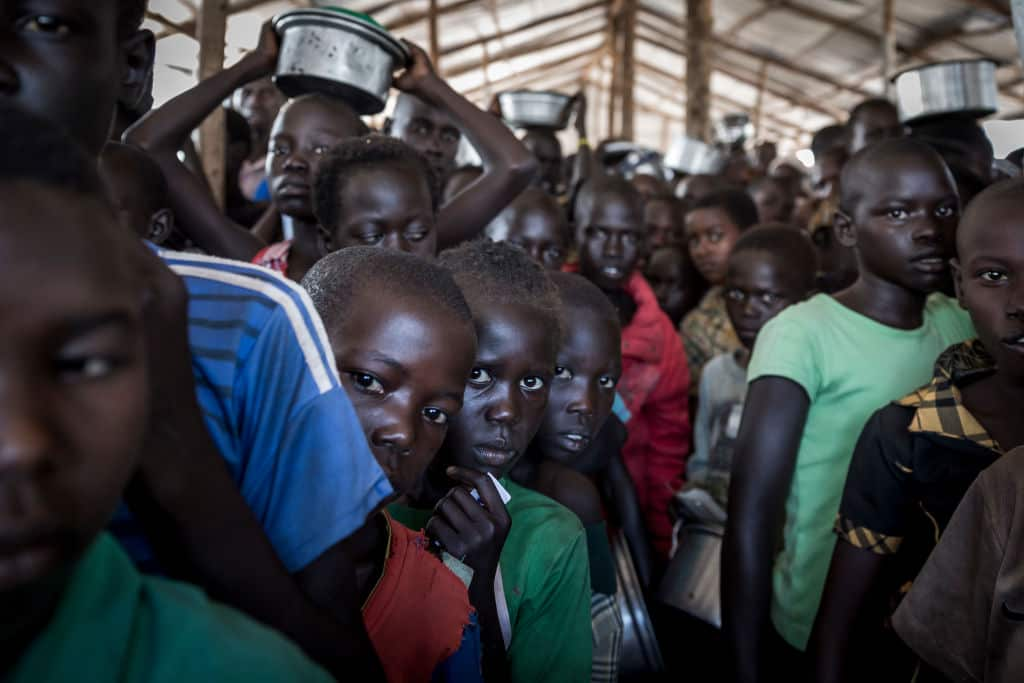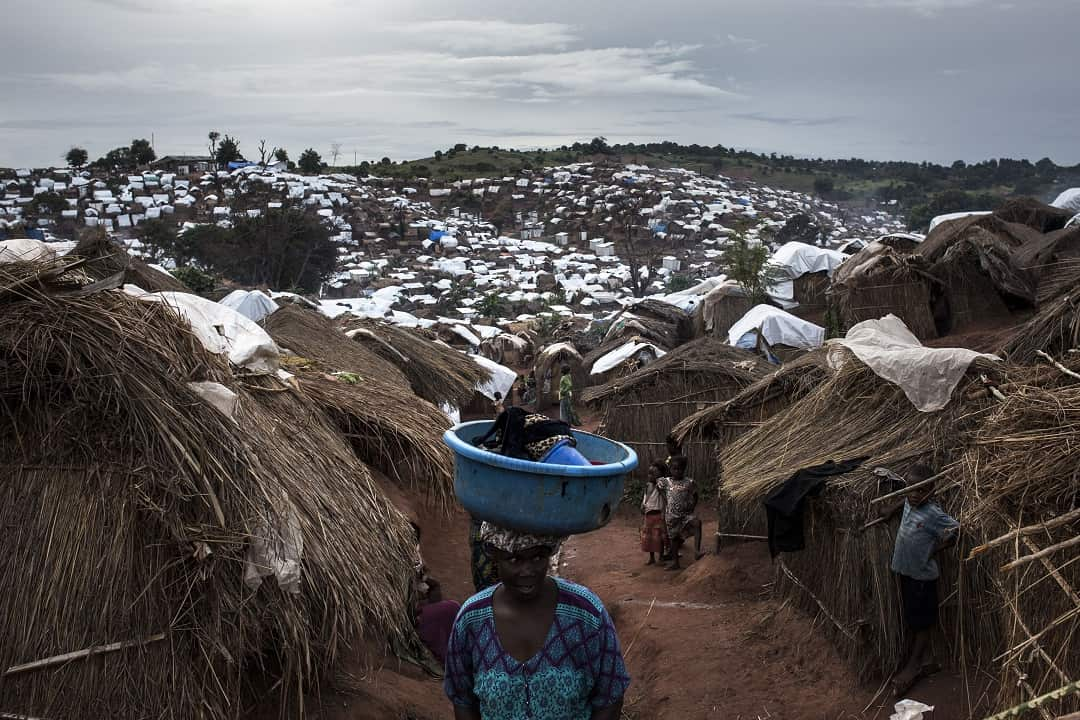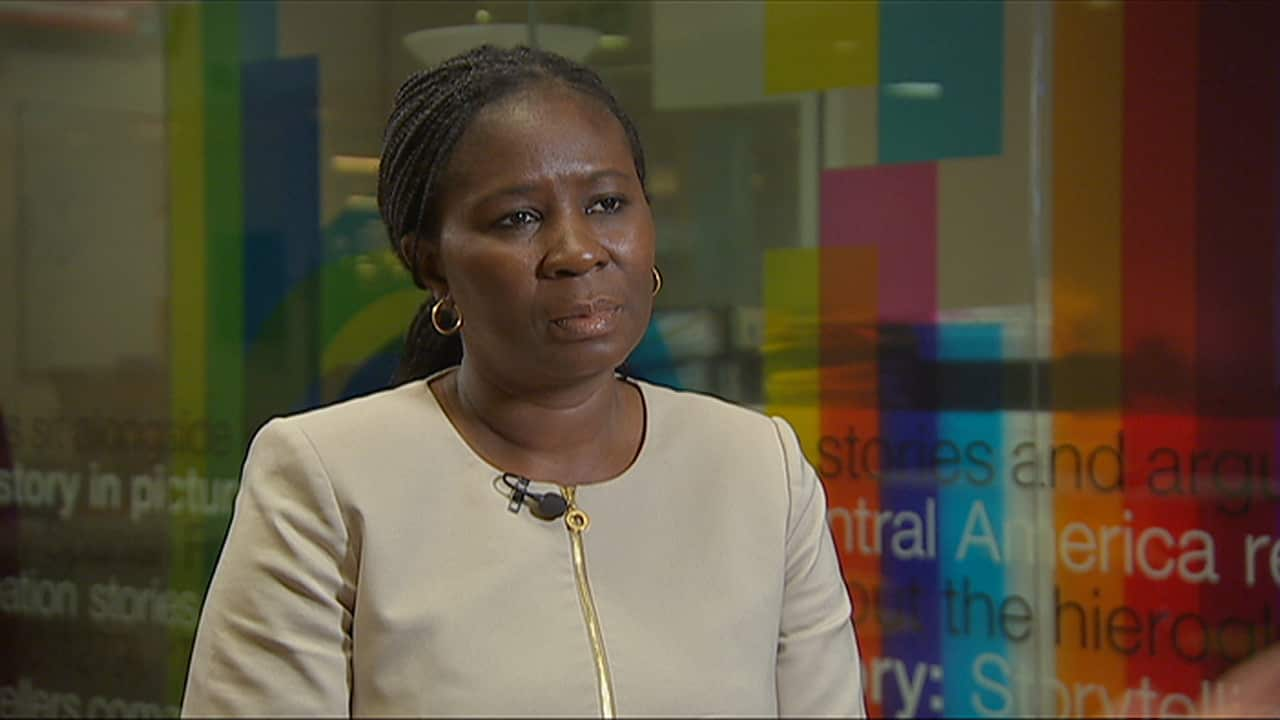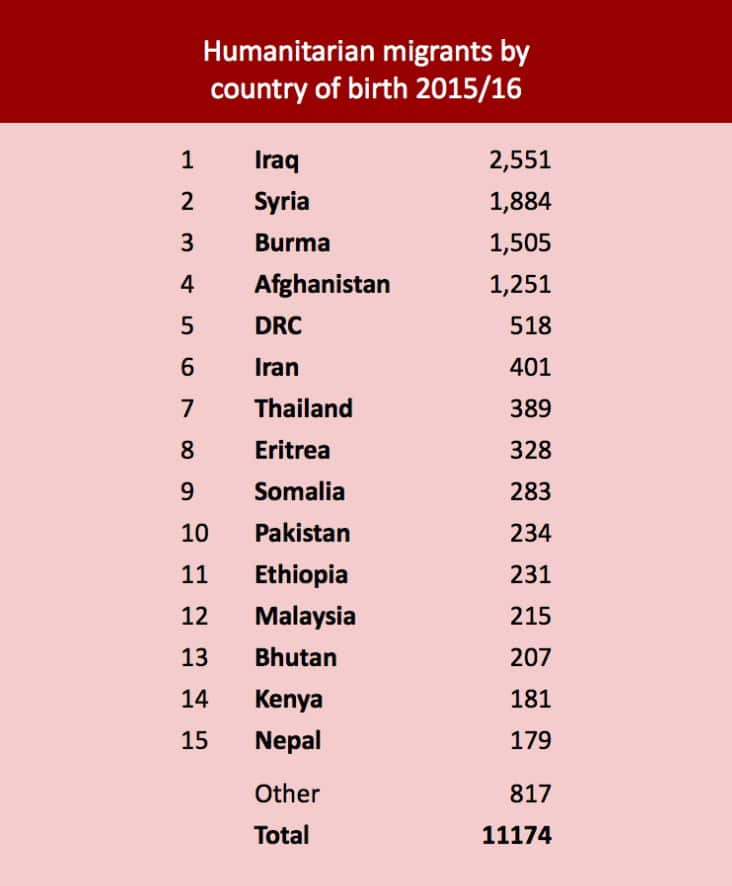Australia should consider a special intake of refugees from South Sudan or the Democratic Republic of Congo, according to a leading human rights expert.
As the Coalition debates whether or not to grant white South African farmers humanitarian visas, SBS News asked the executive director of Human Rights Watch's Africa division Mausi Segun who most qualifies for a special refugee intake on the continent.
"Africa is bedevilled with all kinds of challenges that continue to be push factors for people leaving their country," Ms Segun said. "But if you look at the intensity of the conflict, South Sudan."

South Sudan achieved independence in 2011 - making it the world's newest country - but quickly descended into civil war.
Community leaders estimate more than 20,000 South Sudanese people now live in Australia.
"It's had such a horrible toll on human life," Ms Segun said of the conflict. "More than three million people displaced, thousands killed, more than 9,000 children have been recruited as child soldiers."
"But I would also say that the Democratic Republic of Congo [also deserves more attention]. Because of the political repression and the violence that has gone on in that country for years."

The DRC - still recovering from a series of conflicts that broke out in the 1990s - is continually stuck by episodes of bloodshed and brutal political repression.
Africa's highs and lows
Ms Segun has spent nearly a year heading the African division of Human Rights Watch, an NGO which "investigates abuses, exposes the facts widely, and pressures those with power to respect rights and secure justices".
She said Africa's human rights record had been decidedly mixed during her time there.
There were "bright spots" including the end of José Eduardo dos Santos ruling Angola after more than three decades in September - something she called "phenomenal" - and Robert Mugabe's 37-year rule in Zimbabwe ending two months later "with very little bloodshed".
Ms Segunalso also said new South African President Cyril Ramaphosa who assumed office in February had "some human rights credentials that we'd like to tap into".
But there was still a "darkness enshrouding much of Sub-Saharan Africa".

"You look at West Africa, the Islamic extremism that is kind of taking over in the Sahel, in Mali, in Burkina Faso, and all the way down to Nigeria in the Lake Chad Basin area with Boko Haram.
"This gives us a lot of concern, but I think that the worst embarrassment for the continent and challenge for human rights watchers has been South Sudan."
The role of Australia
Ms Segun said there were two ways the Australian government can improve the situation of human rights in Africa - through advocacy and financial pressure.
She said that in both public and private meetings, Australian representatives should "inject these concerns into their discussions with their counterparts in African countries".
But additionally, the Australian government should "raise the personal costs" of continuing with these conflicts and abuses against civilians.
As an example, Ms Segun applauded the seizing of a $1.5 million mansion in Melbourne's southeast from the family of a former South Sudanese general in February.
"It's key. It sends the message that they will not profit from abuse, corruption, embezzlement of public funds from their country elsewhere," she said. "Make it personal."
The Australian Government was projected to provide an estimated $108.2 million in total Official Development Assistance to Sub-Saharan Africa in 2017-18, but it has been criticised for reducing its aid funding to the region and focusing on the Indo-Pacific.
By contrast, for the same period, Papua New Guinea was expected to receive the most aid, totalling $546.3 million.
Refugee arrivals in Australia most commonly come from Iraq, Syria and Myanmar, but the DRC and other African nations have been included in the annual intake.

Australia’s humanitarian intake will be increased to 18,750 people in 2018-19, but no details on which countries refugees will come from have been decided.
On Thursday, Citizenship and Multicultural Affairs Minister Alan Tudge confirmed Home Affairs Minister Peter Dutton was looking into whether more South Africans could be brought to Australia, but it is unclear which area of the visa program is under consideration.
Additional reporting: AFP

